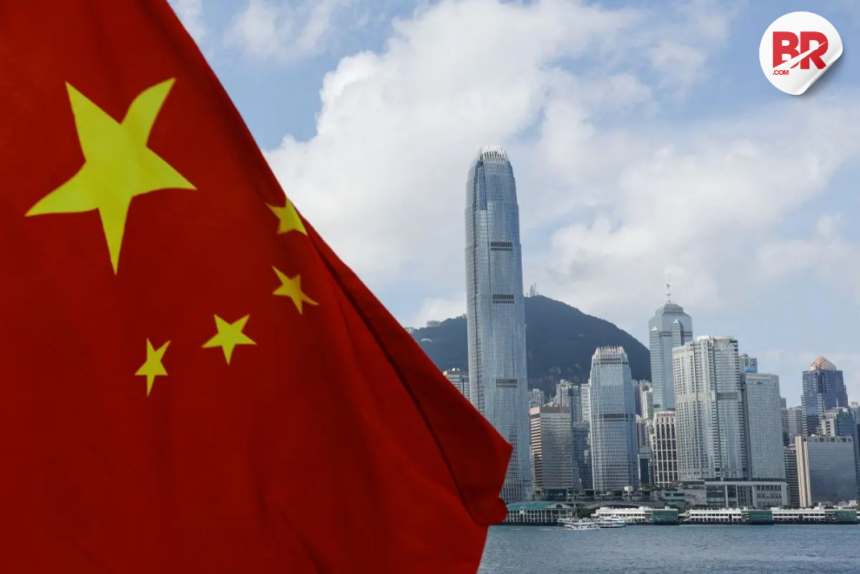
The U.S.-based investment firm confirmed it will shut down its China-focused fund by the end of June. The move follows mounting geopolitical tensions and a rough economic outlook, both of which have rattled foreign investors.
A spokesperson for Artisan Partners said, “The decision comes amid an increasingly uncertain geopolitical environment and a persistently challenging economic and market backdrop.” Simply put: the risks are no longer worth the reward.

Trade wars, sanctions, and shifting policies have made it harder—and riskier—to invest in the world’s second-largest economy.
Artisan’s China post-venture strategy, a fund focused on small- and mid-cap Chinese companies, managed $113 million as of April. It has posted a net loss of 10.4% since launching in March 2021. That’s a brutal stretch, even by emerging market standards.
But wait—didn’t everyone say China was the next big thing?
Yes. Until it wasn’t.
The U.S. government has tightened its grip on investments in China, especially in sensitive tech areas like semiconductors, AI, and quantum computing. It’s now illegal for American investors to fund certain Chinese firms—like CATL, a battery giant blacklisted for military ties.
And Artisan’s not alone. Big names are leaving town. The Ontario Teachers’ Pension Plan shut down its Hong Kong office in March. Others—like international law firms and U.S. asset managers—are quietly scaling back their presence. It’s not a coincidence. It’s a trend.
Also Read ‘He’s lost his….’ –Trump Lashes Out at Musk as Tensions Reach Boiling Point
Hong Kong Team Dissolved, Office Stays—for Now
While Artisan’s fund is winding down, the firm says its Hong Kong office will stay open. Some investment and trading pros will remain, but insiders told Reuters the core China strategy team has already been disbanded.
That’s not just a shuffle. That’s an exit sign.
A Slow Goodbye to China?
Artisan Partners has offices around the world—in London, Singapore, Dublin, and Sydney—but this China retreat feels different. It’s not just about bad returns. It’s about rising risk and shrinking trust.
As portfolio manager Tiffany Hsiao put it:
“The largest risks for investing in China will continue to be geopolitics and domestic policy overshoots.” Translation: You can’t bet on a market when the rulebook keeps changing.
Artisan Partners isn’t throwing shade—it’s cutting losses. For many U.S. investors, China is no longer the golden opportunity it once seemed. It’s a gamble. And increasingly, not a smart one.
Also Read Tata Motors and JLR Flag EV Supply Risks: What India Must Learn from China’s Dominance












